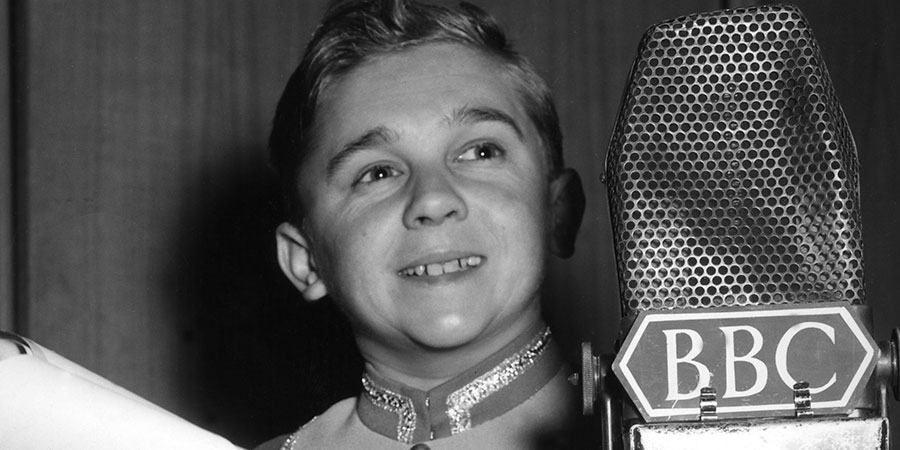After a much longer writing process than I ever would have imagined at the beginning, I finally typed the last words of dialogue from the two characters that have haunted my brain for the past nine years. Crush Story is at last complete, and I’m starting the querying process that I’ve always hated so much.
And yet, as I prepare for my next project (which is currently going to be called The Unbearable Lightness of Beowulf) I find myself still dealing with the characters whose stories I’ve just put to bed.
Granted, I’ve had these two boys essentially living in my head for nine years, and the concept for a decade before that. Maybe they presume they’ve earned squatter’s rights having taken up that space for so long.
Or maybe it’s a situation where I’m finding myself in mourning for these characters who shared my life for so long and now are no longer around. Is my imagining what Jason would do upon finding himself up against the main antagonist of the new book a form of denial? Do I still need to go through anger, bargaining, and so on before I can finally put those characters behind me?
Still, I am going to have to find a way to, if not evict them from my brain, push them off to the side so I can make room for Daniel, Ollie, and the other characters whose story now needs to unfold.
If there are any writers out there with any insight on my situation, I would love to hear from you. Are you mourning your characters after you’ve finished their story? Or are they still living in your brain after all this time?
Leave a Comment

